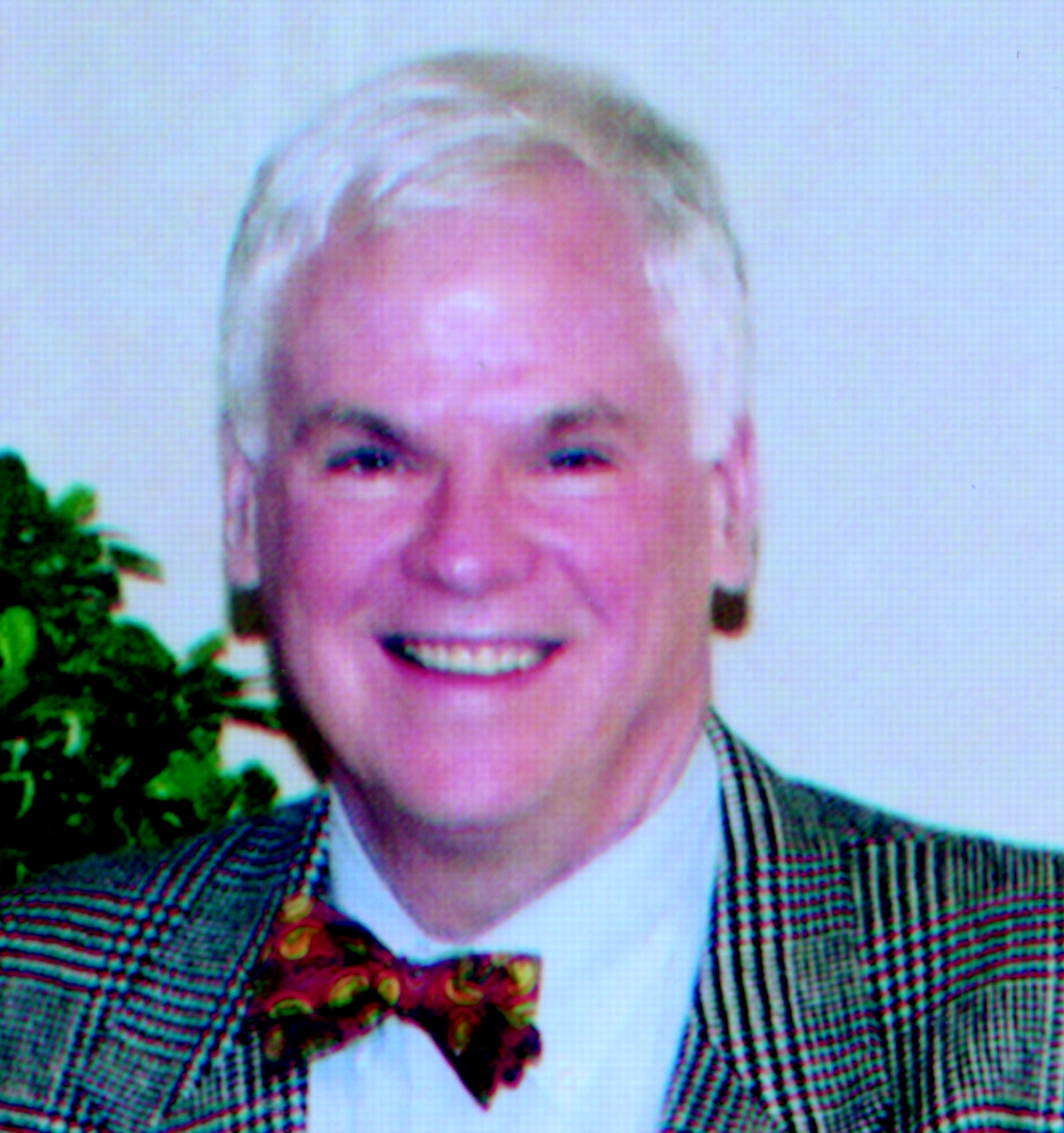Scully to Head Psychiatric Delegation to AMA

Jay Scully, M.D.: “When the AMA supports parity for mental illness, that means something to legislators.”
“I am honored to assume these duties,” Scully told Psychiatric News. Scully is the Alexander G. Donald Professor and chair of the department of neuropsychiatry and behavioral science at the University of South Carolina School of Medicine. In addition to his current duties with the AMA delegation, Scully holds several component appointments within the APA Council on Medical Education and Career Development and is a former director of APA’s Office of Education.
“We have an extraordinary team representing our APA at the House of Delegates of the AMA,” Scully told Psychiatric News, “and I want to indicate my personal and the delegation’s great appreciation for the outstanding service and leadership provided by Dr. English. His successful efforts to significantly improve our specialty and Association’s linkages with the AMA and the House of Delegates should be recognized by all.”
The current team includes both rising stars and seasoned veterans of APA, Scully said, including former APA presidents English, John McIntyre, M.D., and Rodrigo Muñoz, M.D., as well as former APA Deputy Medical Director Carolyn Robinowitz, M.D.
The AMA’s Section Council on Psychiatry, composed of the APA and American Academy of Child and Adolescent Psychiatry delegations as well as invited representatives of allied psychiatric organizations, is in the process of focusing its mission, Scully said, which continues to be advocating both for the psychiatric profession and for psychiatric patients within the house of medicine.
Indeed, Scully chaired an APA task force last fall that prepared recommendations for APA’s Board of Trustees on maximizing the functioning and effectiveness of the section council. In a report to the APA Board, the task force addressed both the role of the APA delegation within the section council in particular and the AMA on the whole. The task force also proposed to the Board clarifications of APA procedures with regard to the APA delegation.
One clear goal in Scully’s future is to continue English’s successful efforts to expand communication links with clinicians in other specialties.
“We are much more effective when we get support from our fellow physicians,” Scully emphasized.
When dealing with difficult issues such as psychologists’ pursuit of prescribing privileges, Scully said, it is extremely helpful to have the support of other physicians facing erosion of their scope of practice. In the last year, the House of Delegates heard testimony from orthopedic foot and ankle surgeons facing encroachment from podiatrists and from anesthesiologists being marginalized by some facilities across the country in favor of nurse anesthetists.
Cardiologists, gastroenterologists, and other specialists have recently testified in support of APA’s efforts in battling discriminatory carveouts, as their specialty practices have been carved into “disease management groups.”
In addition, to carry forward the priorities of APA within the AMA, Scully said, “Our plan will include new outreach efforts with psychiatrists of the ‘psychiatric caucus’ as well as members of the ‘neuroscience caucus.’ ” The two caucuses are made up of all psychiatrists and neuroscience physicians serving in the House of Delegates, in addition to those in the APA/AACAP delegations.
That kind of networking and effective collaboration on issues can yield significant results, namely in swaying an AMA policy position in favor of psychiatry and our patients, Scully indicated.
“When the AMA supports parity for mental illness,” Scully stated, a position the AMA has strongly backed over the last two years, “that means something to legislators.”
The delegation’s work is a significant part of the advocacy efforts of APA, Scully told Psychiatric News, and being mindful of current APA budgetary concerns, “we will continue to build on our successes and strengthen our efforts.” ▪



